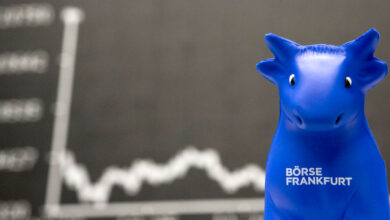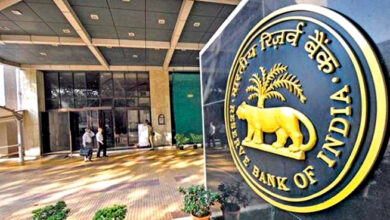Asian stocks advance as a Fed rate hike approaches and China extends its rally.

On Wednesday, the majority of Asian stock markets marginally increased as investors braced themselves for a Federal Reserve interest rate announcement. Meanwhile, Chinese stocks recovered further amid mounting rumours that the nation might relax its tight zero-COVID policy.
As speculation spread on social media that China is considering a full reopening as soon as March 2023, the Shanghai Shenzhen CSI 300 index in China increased 1.7%, and the Shanghai Composite index increased 1.5%. Later this week, the nation is expected to hold a meeting to discuss the issue.
Related: Ahead of the Fed’s policy decision, Asian shares increase while the dollar declines.
The speculation is a big source of relief for the wounded Chinese markets, which this year suffered greatly as a result of a number of COVID restrictions that halted economic activity.
On Tuesday, Chinese stock indexes increased by as much as 3.5% as a result of bargain-hunting activity. The CSI 300 index increased after hitting a 31-month low.
Given the dependence of other Asian economies on China as a trading partner, easing COVID lockdowns in China is also advantageous. The best-performing index on Wednesday was Hong Kong’s Hang Seng index, which increased by 2.3% following a 5%+ surge in the previous session.
However, government representatives denied any intention to relax the zero-COVID policy. Recently, President Xi Jinping reaffirmed China’s commitment to upholding the policy.
Broader As attention shifted to the completion of a Federal Reserve meeting later in the day, Asian markets gradually rose. As part of its efforts to slow down persistent inflation, the central bank is largely expected to raise interest rates by 75 basis points.
Markets will also be on the lookout for any indications from the Fed about whether it intends to moderate its hawkish attitude, though the likelihood of this is diminished by recent statistics showing strength in the U.S. economy.
The markets are still debating a 50 bps or 75 bps move in December.
This year, rising U.S. interest rates had a significant negative impact on Asian markets because higher Treasury yields made riskier assets less appealing.
On Wednesday, most Asian markets slowly increased. The Philippines led advances in Southeast Asia with a 0.4% increase in stocks, while the Taiwan Weighted index rose 0.5%.
The KOSPI index in South Korea increased 0.2% as statistics revealed that inflation increased more than anticipated in October. However, slower economic growth may force the Bank of Korea to scale back the rate at which it raises interest rates.
Related: Asian stocks rose before the Fed’s rate decision.
India’s Nifty 50 shed 0.2% while Japan’s Nikkei 225 index dropped 0.1%.





